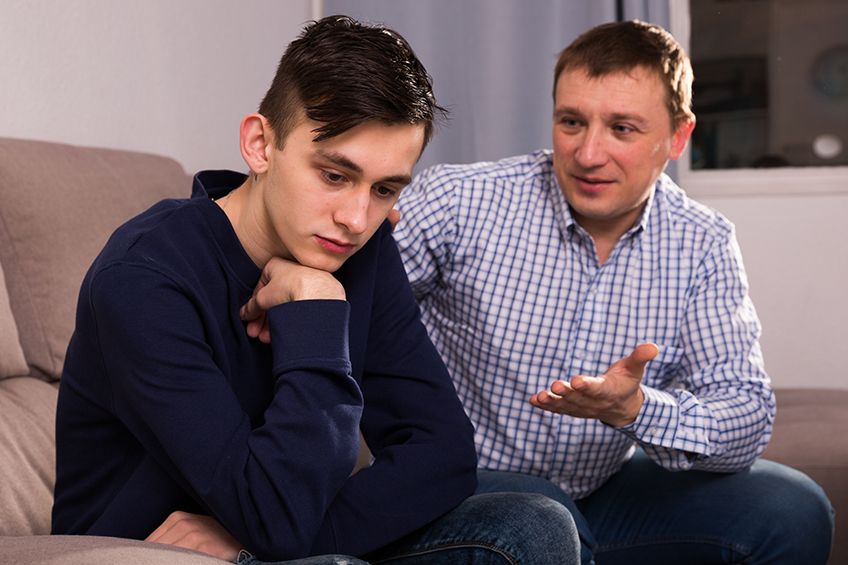Research shows that social media can make us feel like we really"know" a celebrity, and thus feel very connected to them, just as if they were a real friend. When a celebrity dies it can trigger true feelings of grief and sadness.

These days, with technology, celebrity news travels fast and far. When a celebrity passes away it's not only mentioned on news websites, there are typically social media tributes and mentions as well. It's very likely that your child will hear about the passing on their own from friends or social media.
Many celebrities have a strong social media presence and your child may "like" or "follow" them on Facebook or Instagram. Research shows that social media can make us feel like we really "know" a celebrity, and thus feel very connected to them, just as if they were a real friend. When a celebrity dies it can trigger true feelings of grief and sadness.
For a child, hearing about the passing of one of their celebrity role models can be shocking. For many kids, this may be the first time they experience someone they know passing away. This can be particularly profound if the celebrity was younger, or someone your child really admired.
The good news is these types of events offer parents an opportunity to talk about death and grief, and what these things mean. As a parent, it's important to help guide them through the grieving process.
You can start the conversation by simply asking your child if they had heard the news. From there, see how they respond. They may let you know they feel sad. Or they may let you know that for them it's not that big a deal.
Remember to let your child set the pace. If it seems like your child doesn't want to talk about the death right away, it is ok to wait until they are.
If your child is sad, recognize that your child is grieving and let them know these feelings are normal. Even though they may have never met this person, it's ok to feel the loss. Do not try to minimize their grief just because they didn't actually know the celebrity.
Your child may have lots of questions about what happened. In this case, honesty, for the most part, is the best policy. While it may be appropriate to leave out details of the actual manner of death, especially for young children, answer most questions as honestly as you can. Using age-appropriate language is essential, it's best to avoid phrases like "went to sleep" or "left us," which can be misconstrued.
Finally, it can be helpful to assist your child in creating some type of memorial. Maybe they want to make a card, create a video or make a photo collage.
No matter what you do, though, remember that what matters most is that you offer a listening ear and a shoulder to cry on.
.jpg)
